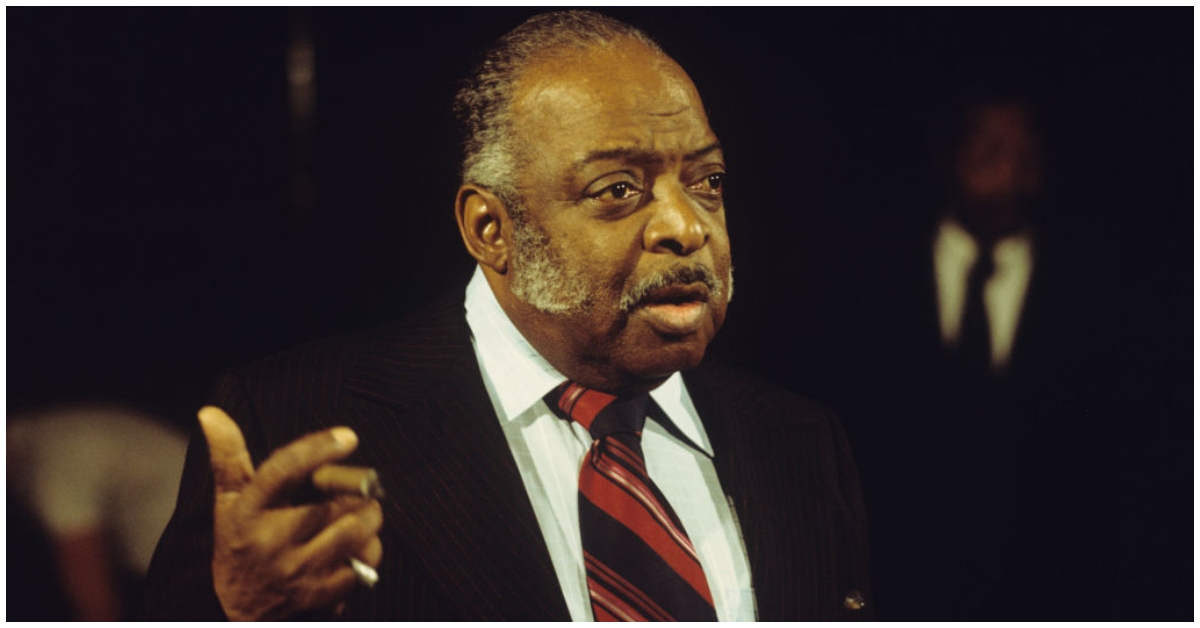The Trailblazing Legacy of Count Basie
Count Basie’s remarkable life story is a testament to his unparalleled talent and unwavering determination. As a pioneering figure in the world of jazz, he not only defined the big-band swing sound but also broke barriers, becoming the first African-American to receive the coveted Grammy Award.
Basie’s Illustrious Musical Journey
Born William James Basie on August 21, 1904, in Red Bank, New Jersey, Count Basie embarked on a musical journey that would cement his status as a true icon.
With an exceptional ear for music and an innate ability to fuse blues and jazz, he ushered in a new era of swing, earning him the well-deserved title of “King of Swing.”
“The Count Basie vaults are filled with a treasure trove of both personal and professional assets, telling the story of the jazz icon,” said Joy S. Rosenthal, Trustee of the William J. Basie Trust.
Redefining the Big-Band Sound
In 1937, Basie took his group, Count Basie and His Barons of Rhythm, to New York, where they recorded their first album with Decca Records under their new name, The Count Basie Orchestra.
This pivotal moment marked the beginning of an illustrious career that saw the orchestra produce a slew of hits, including chart-toppers like “Jumpin’ at the Woodside,” “April in Paris,” and Basie’s signature composition, “One O’Clock Jump.”
Innovative Genius and Musical Leadership
Basie’s innovation extended beyond his captivating compositions. He is credited with introducing the use of “split” tenor saxophones, emphasizing the rhythm section, riffing with a big band, and using arrangers to broaden the orchestra’s sound. Moreover, his understated yet captivating style of piano playing and precise, impeccable musical leadership garnered widespread admiration.
Breaking Barriers: The First African-American Grammy Winner
In 1958, Basie etched his name in history by becoming the first African-American to receive the prestigious Grammy Award. This groundbreaking achievement was a testament to his immense talent and a significant milestone in the ongoing struggle for equality and recognition in the music industry.
“We are thrilled that the GRAMMY Museum will exhibit a few of these never-before-seen pieces for the public to learn more about the incredible life of Count Basie,” added Rosenthal.
A Legacy That Transcends Music
Basie’s impact extended far beyond his musical prowess. Throughout his illustrious career, which spanned nearly 50 years and over 480 albums, he received numerous accolades and honors for his humanitarianism and philanthropy around the world.
His recordings, including “One O’Clock Jump,” “April in Paris,” “Everyday I Have the Blues,” and “Lester Leaps In,” have been inducted into the Grammy Hall of Fame, solidifying his enduring legacy.
Though Basie passed away on April 26, 1984, in Hollywood, Florida, his remarkable tale continues to inspire generations of musicians and music lovers alike.
His trailblazing journey as the first African-American Grammy winner not only paved the way for greater representation but also serves as a powerful reminder of the transformative power of art and perseverance.





